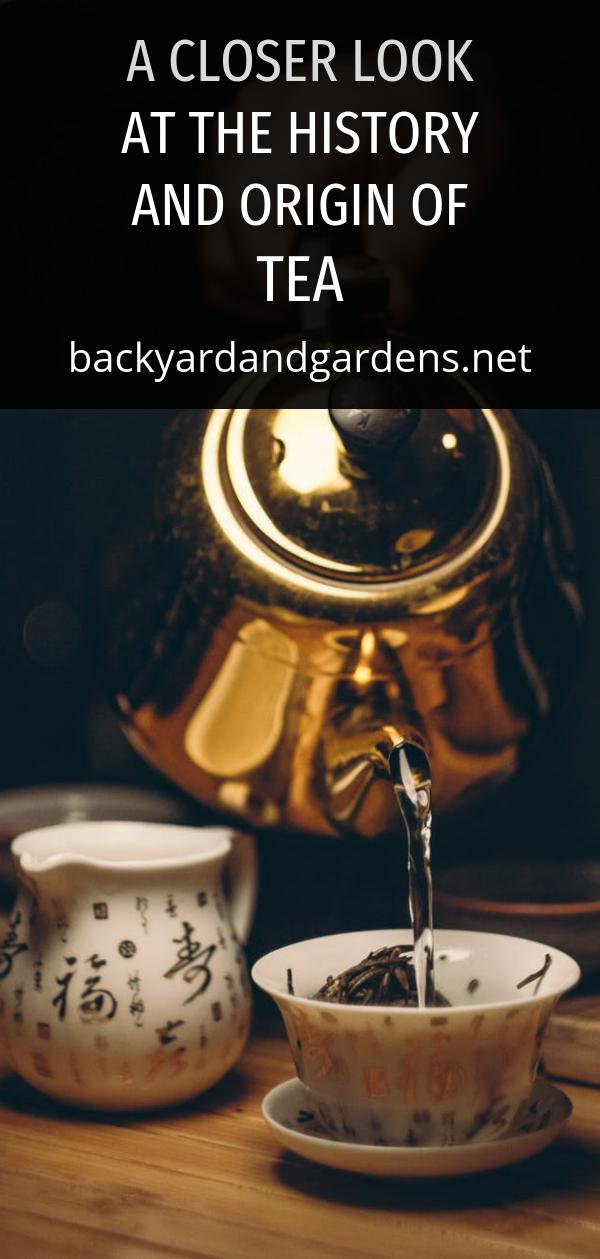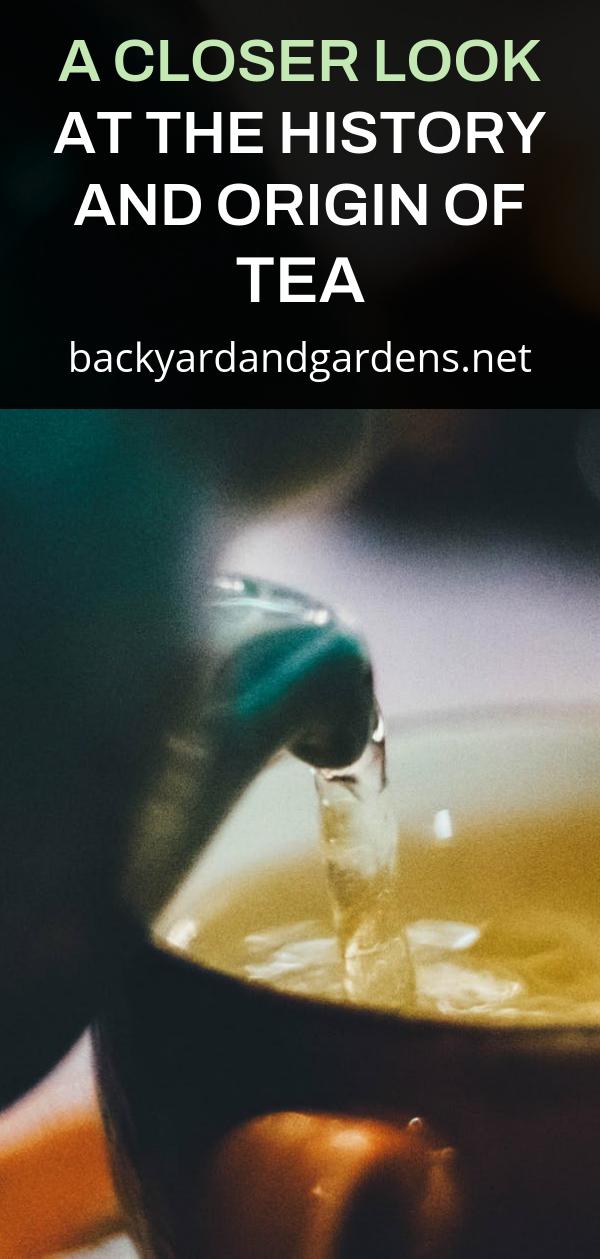A Closer Look At The History And Origin Of Tea
The history of tea is really quite fascinating. There are many myths that surround the creation of tea. One such popular myth is from a Chinese legend stating that tea was discovered in 2737 BC when Chinese emperor Chen Nung accidentally dropped the leaves of the camellia sinensis plant. Not wanting to throw the water out, he took a sip, and tea was born.
One would think that tea would grow on vines in the ground. However, tea is actually grown from trees found in the hotter climates of the world.

From China, tea was brought to Japan who incorporated it into their special occasions and into their holiday meals. When it reached England in sixteen sixty-two, tea was fully introduced to the world. England adopted tea as their national beverage and it remained so for hundreds of years.
Although China is where tea got its origins from, countries such as India and Sri Lanka also have their own tea trees where they cultivate millions of pounds of tea leaves each year to be sold all over the world.
Tea is the second largest beverage to be consumed in the world today. It comes in many flavors and can be served hot or iced. Tea can keep you awake during the day or help you to unwind at the end of a chaotic week. There are many other uses for tea other than drinking it.
Many Chinese people use tea, especially green tea, to cure ailments such as indigestion, constipation, upset stomachs, and many other ailments. They also use tea to remove dark circles from their eyes and to cure their acne. It is rubbed on the skin to make it smooth and silky.
The Chinese people believe that tea has many medicinal properties and uses it as a herbal remedy to cure just bout everything. They have been doing this for two thousand years.
Tea has natural caffeine in it, however it can be decaffeinated through the drying process. When you go to a Chinese restaurant, the first thing that you are served is tea. This is because the Chinese believe that tea aids in the digestion of food, and that you will not get indigestion if you drink the tea before you eat.
There are various types of tea, and they are mostly distinguished by the type of processing that they undergo. The processing stages include adding in other herbs, flowers, and fruits and oxidation, drying and heating of the tea leaves.
There are four classic types of tea which are white tea, black tea, green tea, and oolong tea. You will most likely also heard of herbal teas this is from the infusion of fruits and herbs and does not contain the leaves of the other teas Camellia Sinensis.

Studies have shown that tea is as good as drinking plenty of water but also has added health benefits such as the protection against heart disease and some cancers.
Different types of tea have different levels of benefits depending on the processing involved as well as the region where it was grown.
